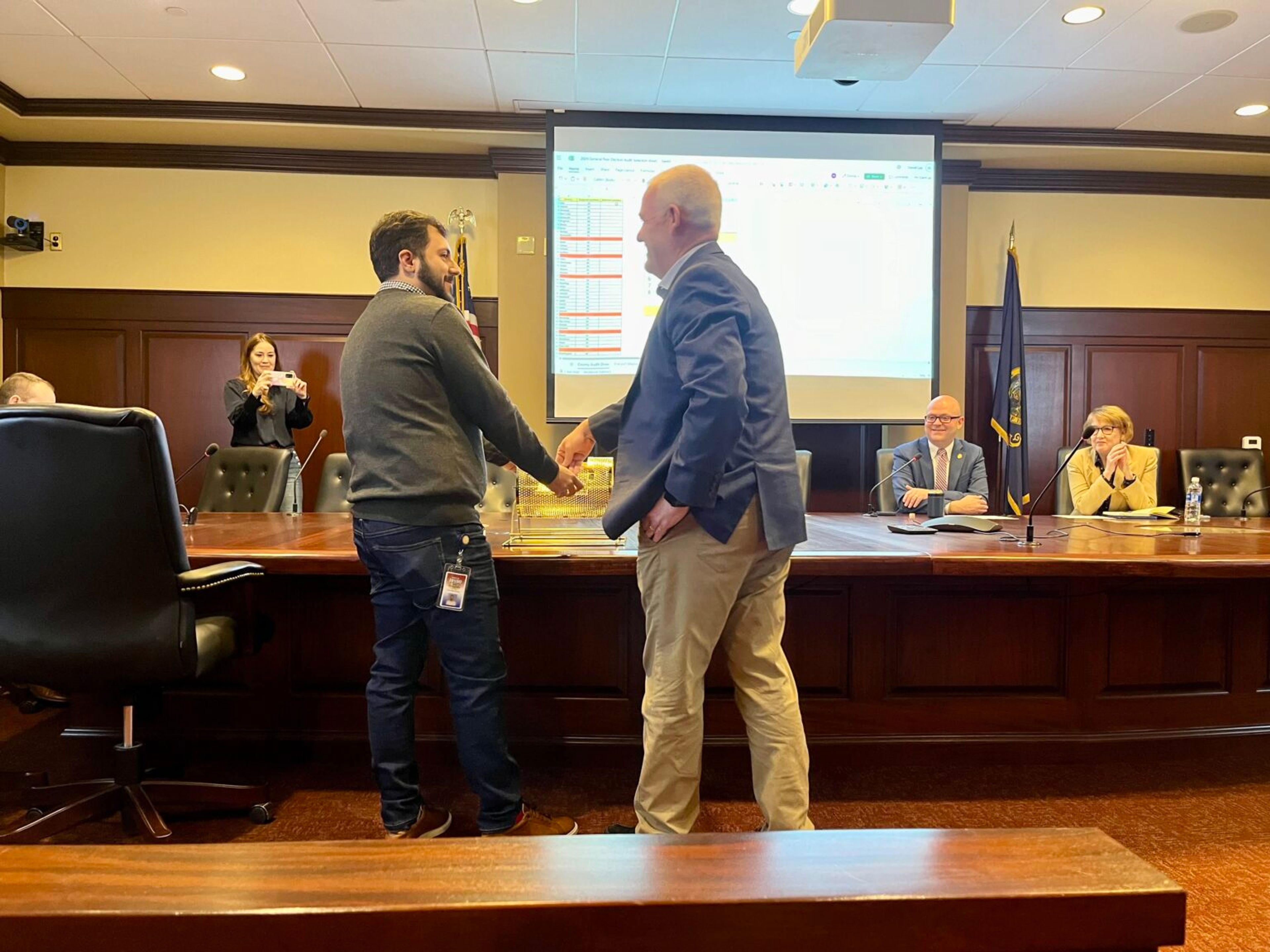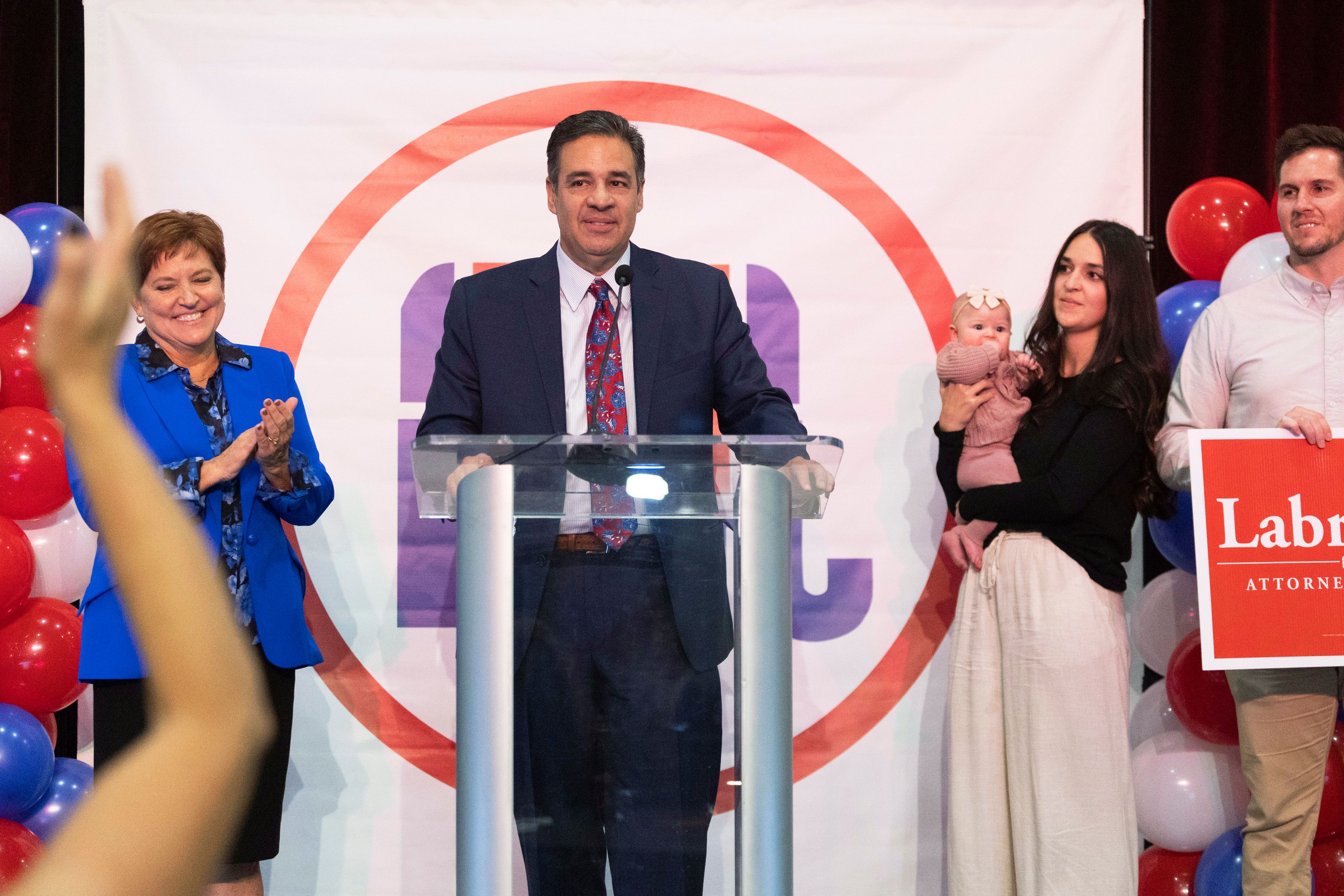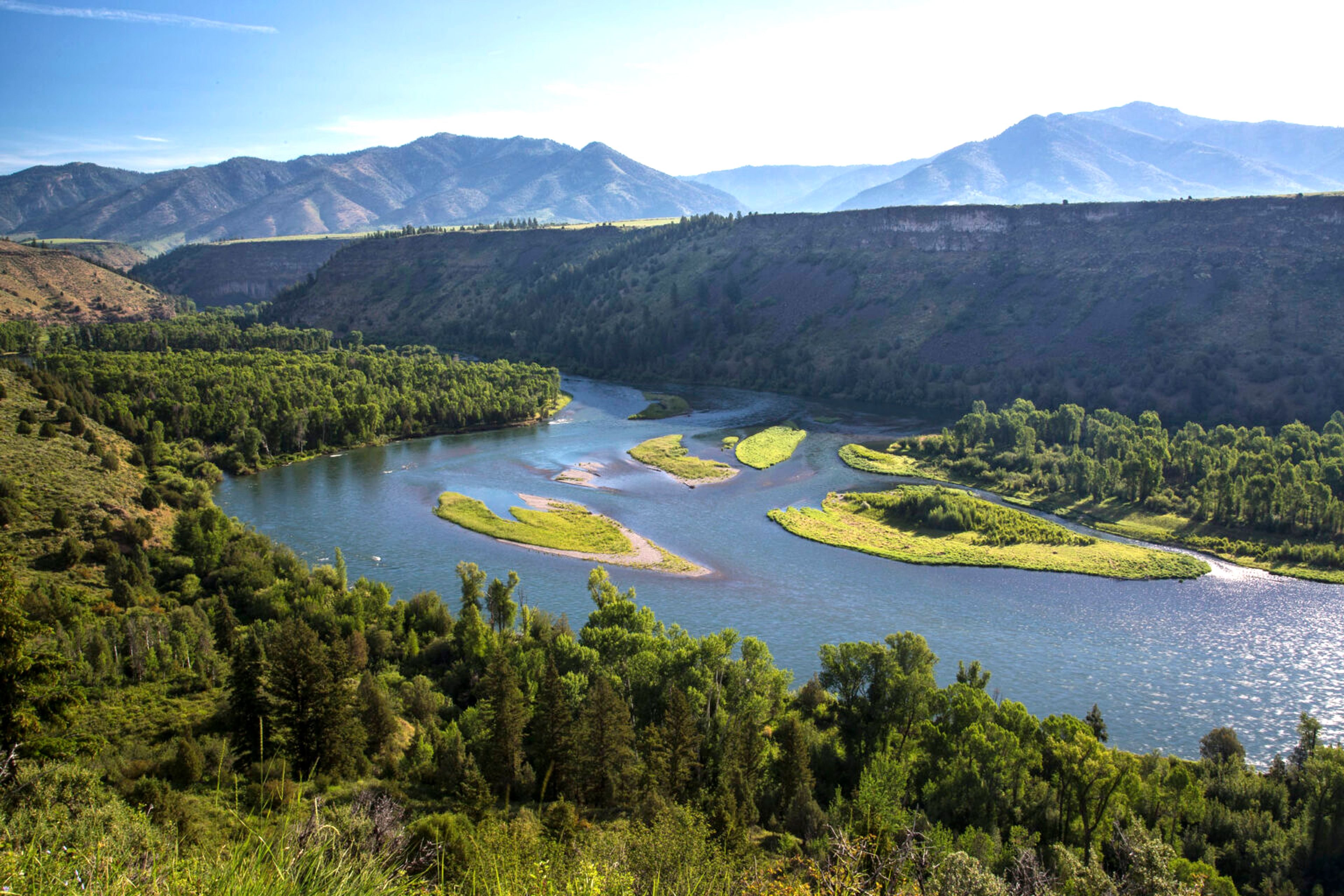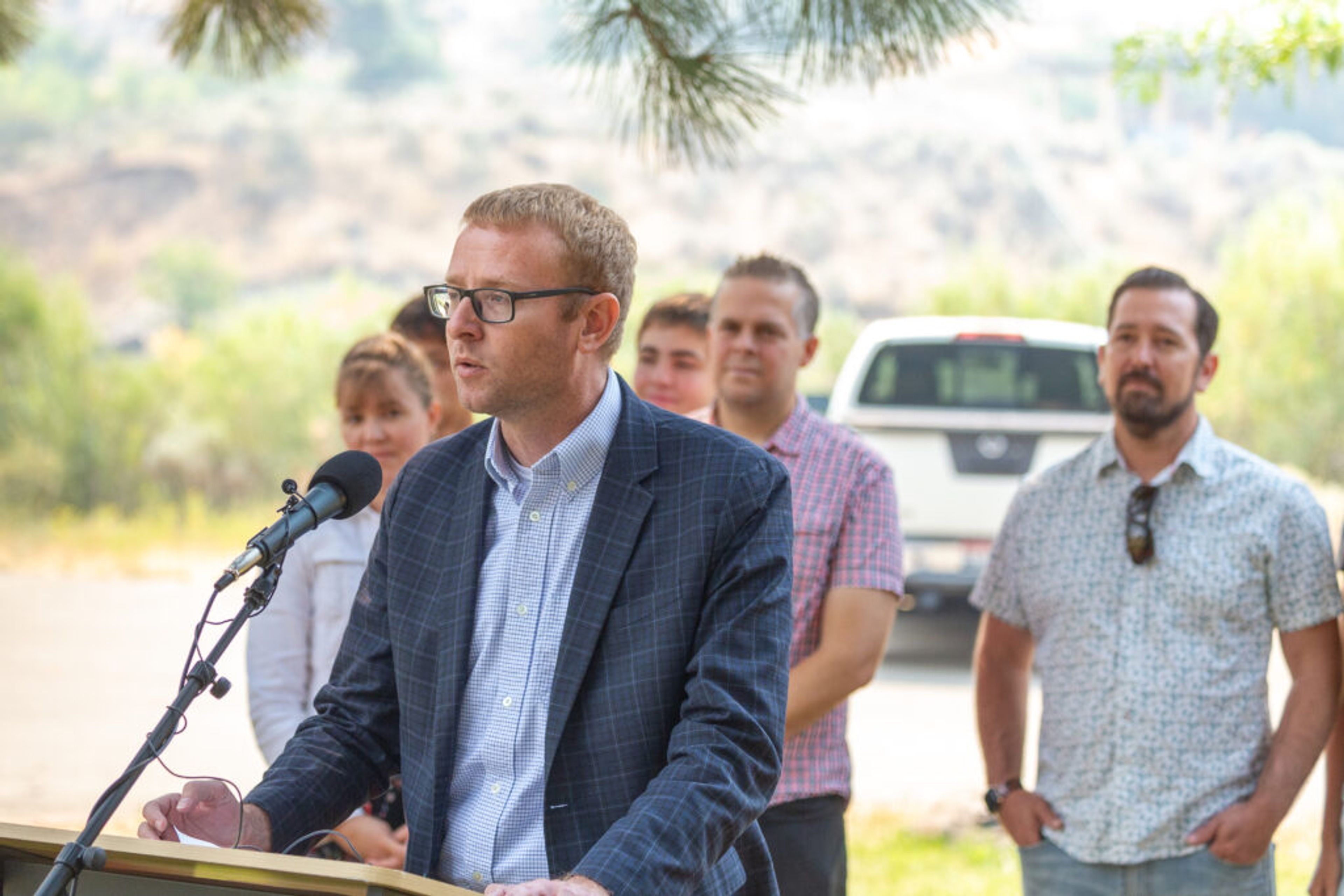FOREST SERVICE REBEL, CONSERVATIONISTS SLAM FORESTER'S 'RETIREMENT'
MISSOULA, Mont. The retirement of Northern Region Forester John Mumma was a ''coup by anti-environmental hard-liners'' and signals a push by the Forest Service to quash reform-minded employees, a rebel Forest Service worker says.
''This was a very calculated move,'' Jeff DeBonis of the Association of Forest Service Employees for Environmental Ethics said Wednesday. ''Region 1 had the most highly placed, most vocal reformers.
''They've been nipped in the bud. There is an extremely high feeling of paranoia.''
A former Forest Service chief also said this week he was disappointed to learn of Mumma's retirement, calling him a ''very talented and very hard-working individual.''
Max Peterson, who retired as agency chief four years ago, said Mumma was a victim of the intense debate over wilderness designations in Montana and Idaho. Millions of acres of roadless national forest land are in a sort of legal limbo until Congress passes and the president signs wilderness bills for each state.
''I think Congress has to shoulder a large part of the blame for the situation we find ourselves in in Montana and Idaho,'' Peterson told the Great Falls Tribune on Wednesday.
Mumma announced his retirement last Friday.
Mumma said he was leaving the agency rather than accept a transfer to Washington, D.C. He had been under pressure from Republican congressmen and the Bush administration for failing to meet timber-harvesting quotas in recent years.
Northern Region forests fell nearly 30 percent short of the 1.1 billion board feet of timber they were supposed to sell in 1990, and will miss the 1991 targets.
DeBonis' organization, founded two years ago, wants to move the Forest Service away from its emphasis on timber-cutting and grazing and focus more on environmental protection. Reformists were making advances within the agency and Mumma's ouster is a signal that the Bush administration wants to stop them, he said.
Mumma's retirement announcement came one day after Forest Service Deputy Chief James Overbay said in Missoula that the agency must ''move aggressively'' to cut more timber in roadless areas. Overbay also said appeals of Forest Service timber sales should be banned.
Dale Gorman, supervisor of central Montana's Lewis and Clark National Forest, said he, too, was disappointed to see Mumma leave.
''John took a lot of pride in his land ethic and the direction he was heading this region,'' Gorman said. ''He felt that he was doing a balanced job of leading the region in the multiple-us mission and felt that it was unfortunate that just because the shortfall in the timber he was given a directed reassignment.''
Peterson said unless the wilderness question is solved in Montana and Idaho, the Forest Service timber targets are unreasonable.
''You either have to reduce what you expect or you have to have a larger land base,'' he said.
Congress passed a Montana wilderness bill in 1988, but it was vetoed by President Reagan. It would have released more than 4 million acres of roadless forest land to possible development, including timber harvesting. Without a wilderness bill, any timber sales in roadless areas most likely would face court challenges.
Timber, mining, and farming interests and environmental groups have been stalemated over the wilderness issue in Montana for more than a dozen years.
''It seems like in many cases in recent years, people would rather ... fight than agree,'' Peterson said. ''I think in some respects John Mumma is sort of a victim of that fight that is rather intense in Montana and Idaho, and has been for the last decade.''








